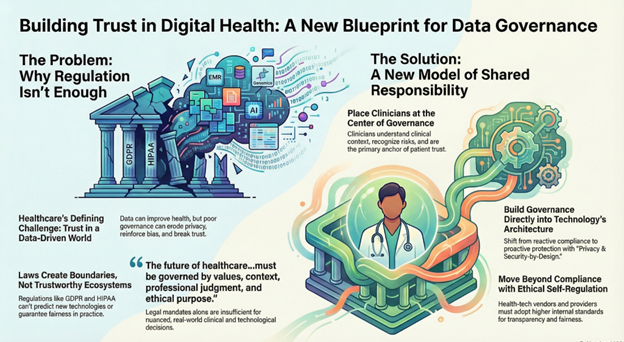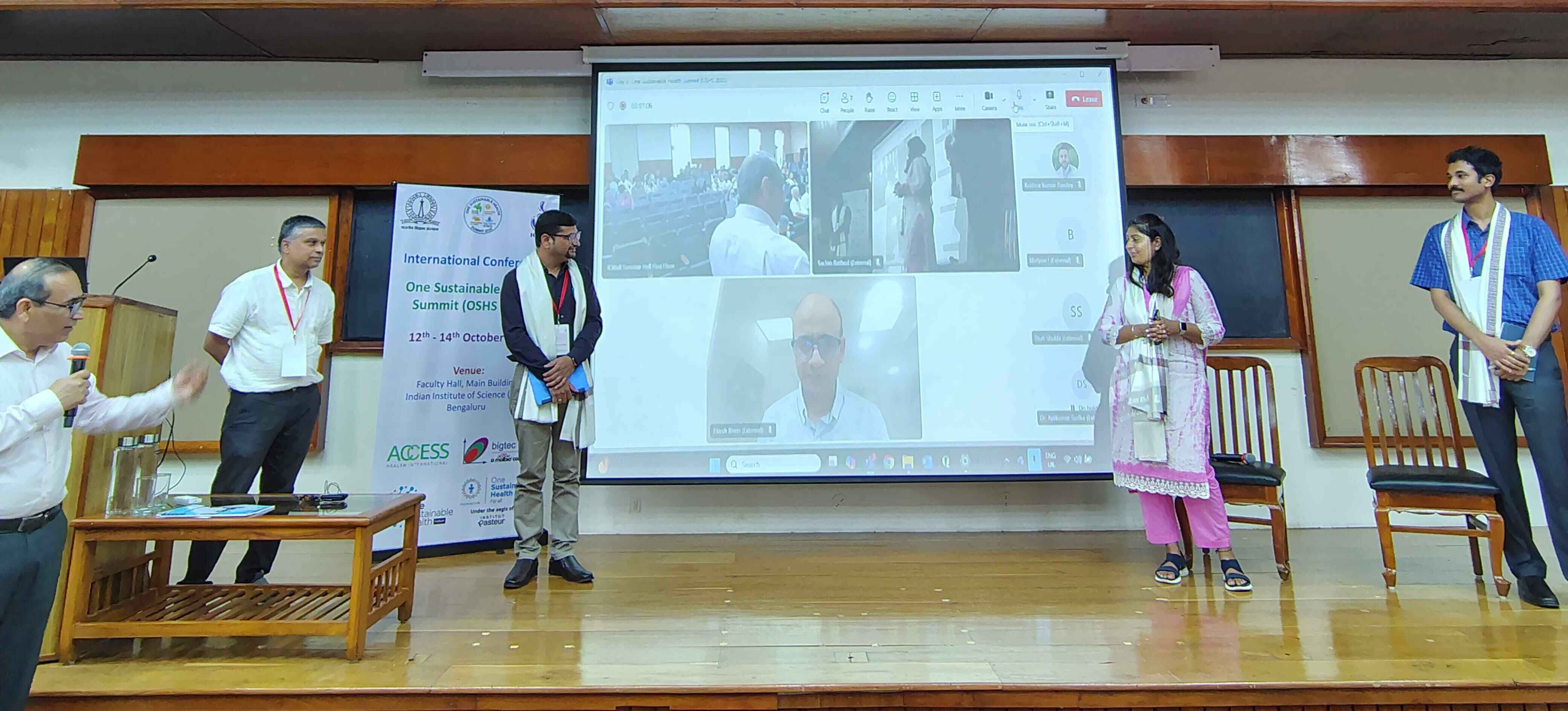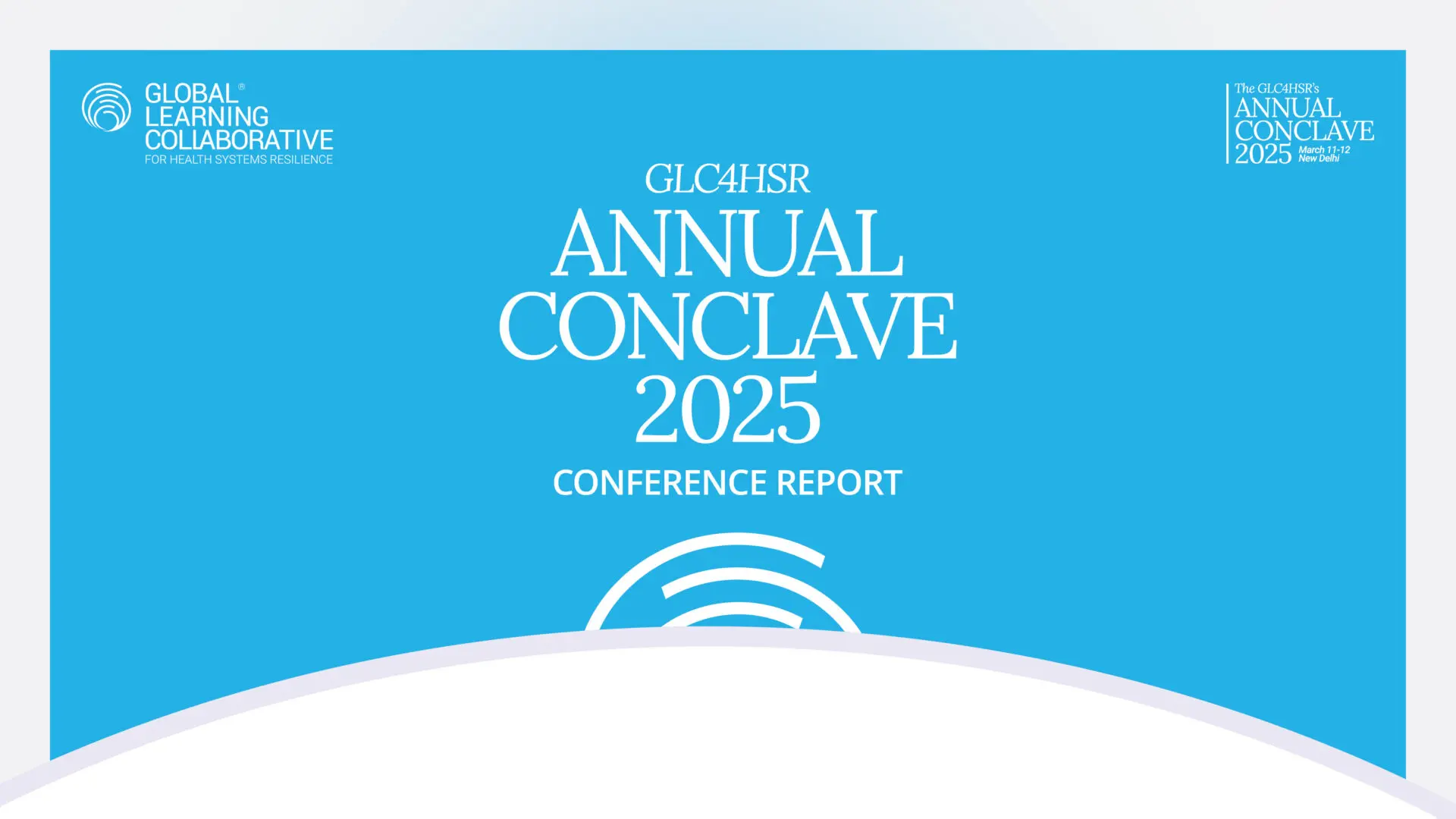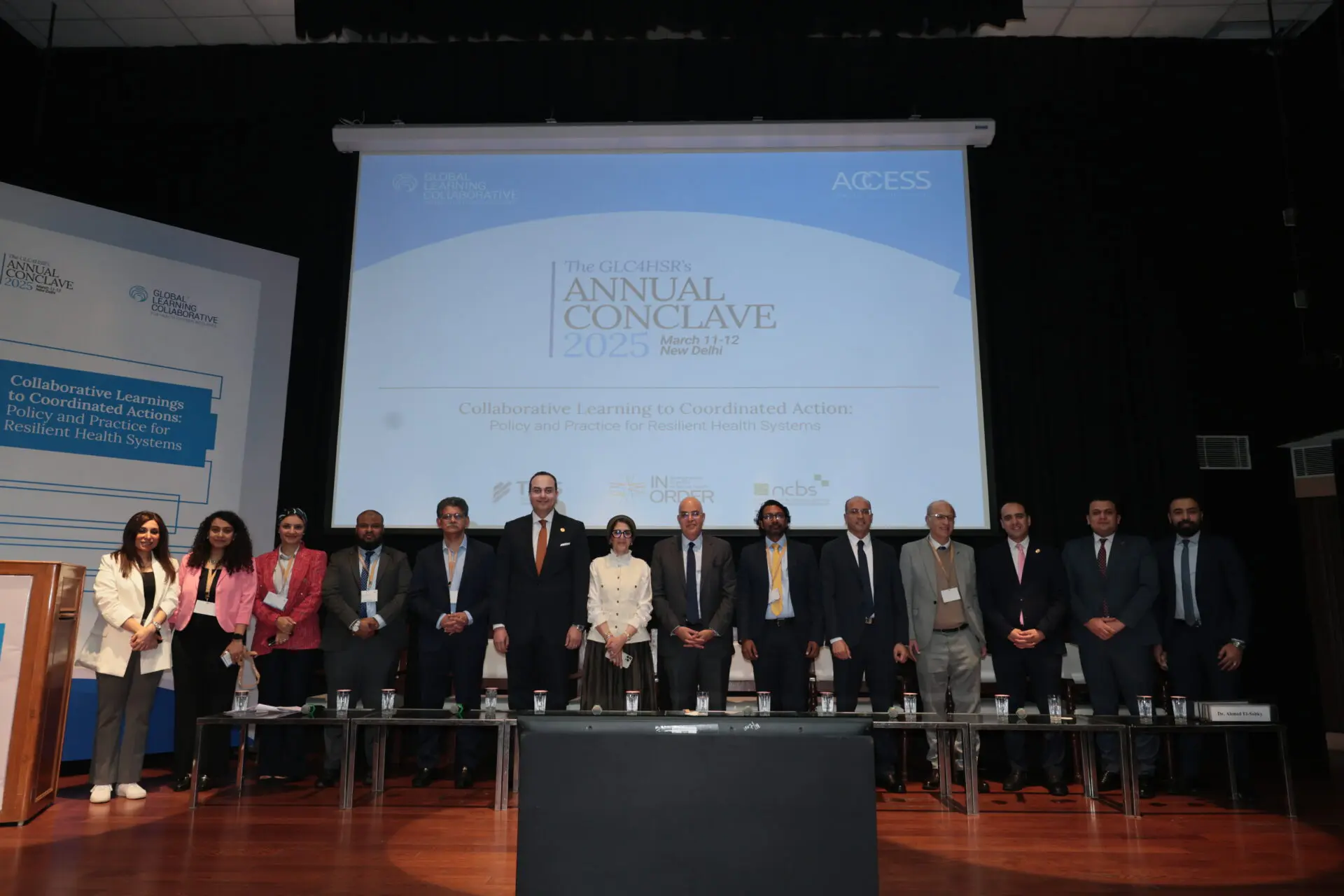Sustainability and Resilience in the Indian Health System – A Review of the Report by ORF
Opinion Pieces ▪ Apr 26, 2024
Authored by Dr. Anuradha Kaytal
The Partnership For Health Systems Sustainability and Resilience (PHSSR) is an alliance between different organizations to understand the sustainability and resilience across nations. As part of the PHSSR the Observers Research Foundation has created an India report on health systems sustainability and resilience. This report evaluates sustainability and resilience across the constructs of governance, financing, workforce, medicines and technology, service delivery, population health and environmental sustainability.
To evaluate sustainability the study looks at the functions of health service delivery, creating resources, financing and stewardship, integrating principles of financial fairness, equitable access, responsive and efficient of care, in an environmentally sustainable manner. Heath system resilience alludes to the response and management of the health system in both acute and chronic crises while ensuring social and economic wellbeing.
In terms of governance the report stresses the need for communication and relations between center and provincial levels of governments. Health in India is a state subject. To bring a stronger consultative process and robust regulatory milieu into place it has been recommended that health be moved to the concurrent list. It was also discussed that there should be a stress on urban health governance, given the growing complexity of urban health needs.
In the domain of healthcare financing, the report talks about creation of a single risk pool while increasing the GDP spending on healthcare. The timely payments to community health workforce to keep them motivated to provide last mile care.
To keep the workforce in healthcare motivated it has been recommended to develop a policy for suitable remuneration and protection for service during crises, emergencies, in rural-tribal geographies, etc. A stronger framework to ensure task shifting has also been deemed essential.
The report talks about institutionalizing Health Technology Assessment, and concurrently improving the procurement systems, which can together improve the quality of drugs and other supplies.
In terms of service delivery, it is paramount to promote the efforts of integrating of care for the older population and patients with chronic diseases by providing adequate coverage in the benefit packages. Strengthening surveillance is also important to ensure early detection of warning signs.
Identifying health risks among various strata of population, concentrating on social determinants of health and better health literacy can assure sound population helkath management.
Lastly, integrating environmental sustainability into the implementation of major policy initiatives in health, and healthcare practices could ensure mitigation of the growing environmental risks to health.
Finally using case studies on the policies Pradhan Mantri Jan Aarogya Yojana (PMJAY - National Insurance on Health and Pradhan Mantri Bhartiya Janaushadhi Pariyojana (PMBJP – Scheme for affordable drugs) they demonstrate that how these seven elements can achieve policy integration and finally lead to cost savings. The findings in the report are as a result of a qualitative assessment and consultations with policy makers. The findings provide a deeper understanding of the challenges and opportunities of the Indian health system, while identifying strategies for health system strengthening. The report delves into the most complex issues of Indian Health Systems and provides with succinct recommendations. The approach of involving the policy makers in chalking out the recommendations gives the Global Learning Collaborative for Health Systems Resilience a valuable lesson that research implications need to be relevant, actionable, and have a real-world impact on policy decisions.
[1] https://www.orfonline.org/public/uploads/posts/pdf/20240216102921.pdf
Review by Dr. Anuradha Katyal, Technical Health (Research & Data Analytics), ACCESS Health International






